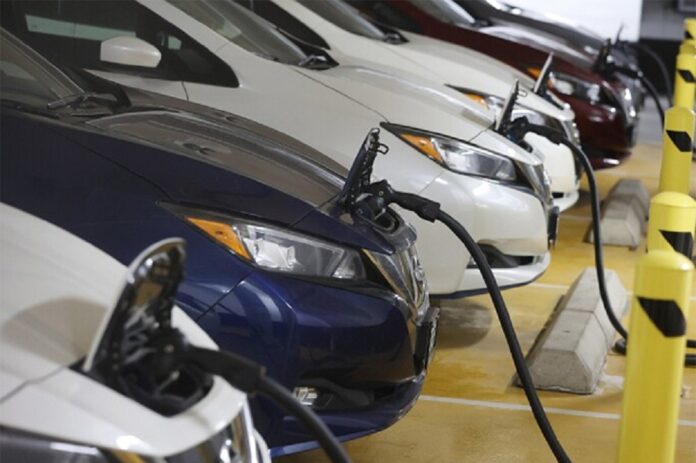By: Staff Writer
December 31, Colombo (LNW): A special audit by the National Audit Office (NAO) has revealed significant irregularities in Sri Lanka’s controversial electric vehicle (EV) import scheme for migrant workers.
The program, initiated by the Foreign Employment Ministry, was designed to allow Sri Lankan expatriates to import EVs based on their foreign remittances.
However, the audit exposed extensive misuse, with just two out of 31 registered institutions controlling 64% of the issued permits.
According to the NAO report, Auto Capital Investment (Pvt) Ltd and Overland Auto Mobile facilitated 335 and 305 permits, respectively, amounting to 640 out of the total.
Despite 510 licensees importing EVs under the scheme by June 30, only 375 vehicles were registered with the Department of Motor Traffic (DMT) as of July 9. Of these, 84 vehicles were transferred to third parties, violating the scheme’s intent.
The audit also highlighted that only 28.6% of the permit holders had registered with the Sri Lanka Bureau of Foreign Employment, a basic requirement of the scheme.
Among the categories of migrant workers who benefited, seafarers topped the list with 164 permits, followed by managers (150) and directors (96). Others included engineers (78), officers (61), consultants (24), three doctors, and even an international cricket umpire.
The parliamentary Committee on Ways and Means had earlier uncovered that 119 electric cars, valued at nearly Rs. 1,200 million, were imported by misusing permits. Shockingly, a single importer was responsible for 75 of these vehicles.
The scheme, initially intended to support migrant workers, was instead exploited by vehicle importers in collaboration with corrupt officials. They used the permits to bring luxury EVs into Sri Lanka, bypassing the program’s original purpose, and sold them on the local market.
The scandal extended to policy mismanagement. Initially, the government had sought advice from global manufacturers to ensure the scheme’s sustainability.
However, subsequent changes removed key safeguards, such as manufacturer warranties and price caps, enabling the importation of ultra-luxury vehicles. This policy shift disproportionately benefited wealthy individuals, further undermining the program’s integrity.
The findings have sparked outrage. Auditor General W.P.C. Wickremaratne has submitted a detailed report to parliament, with further updates expected after the November 2024 general elections.
The Committee on Ways and Means has directed authorities to take immediate action against those involved, including complicit state officials.
The scandal has prompted calls for tighter regulations. New guidelines were issued by the previous government to manage the scheme, capping vehicle values at $25,000 to prevent misuse. However, motor traders have lamented the delayed response, likening it to “shutting the stable door after the horse has bolted.”
As investigations continue, the fraudulent activity serves as a stark reminder of how programs meant to benefit vulnerable groups can be hijacked for profit. Ensuring transparency and accountability in such initiatives is critical to preventing similar abuses in the future.

